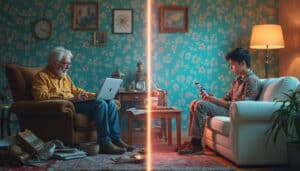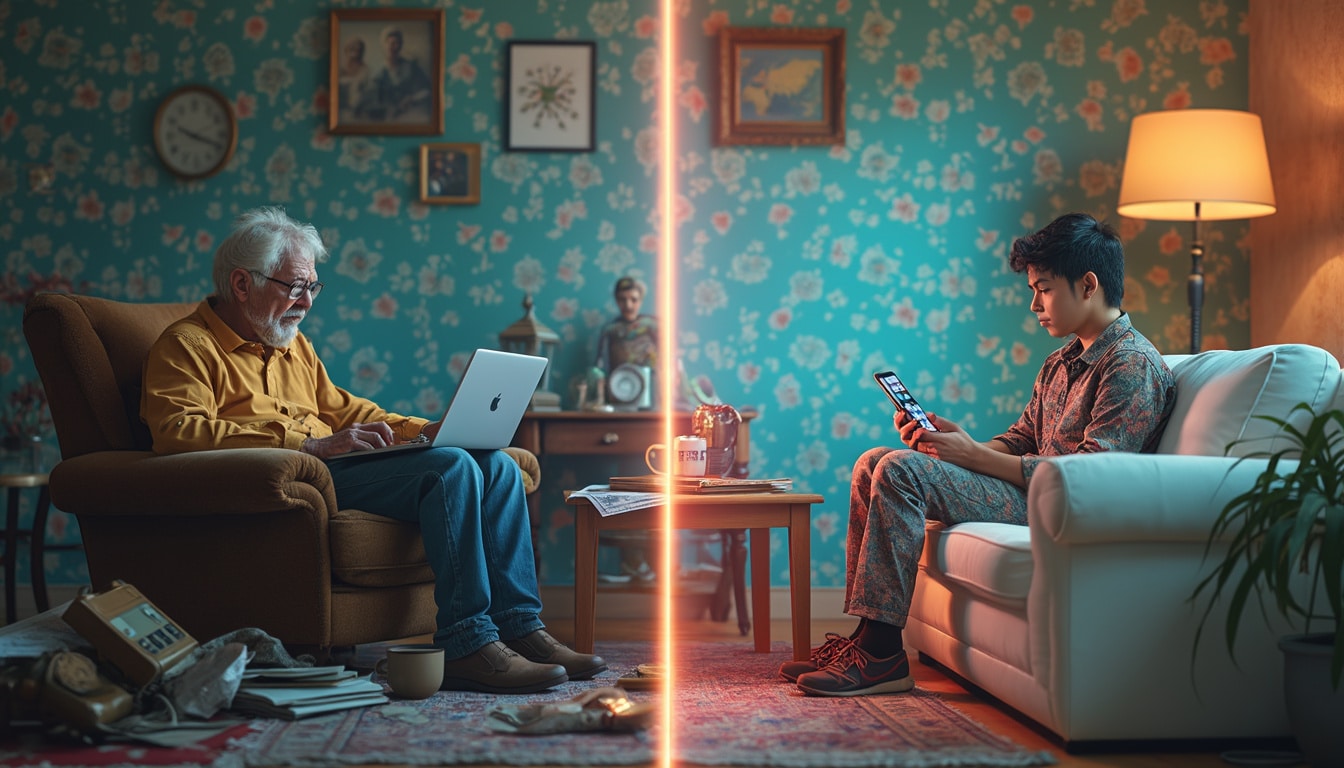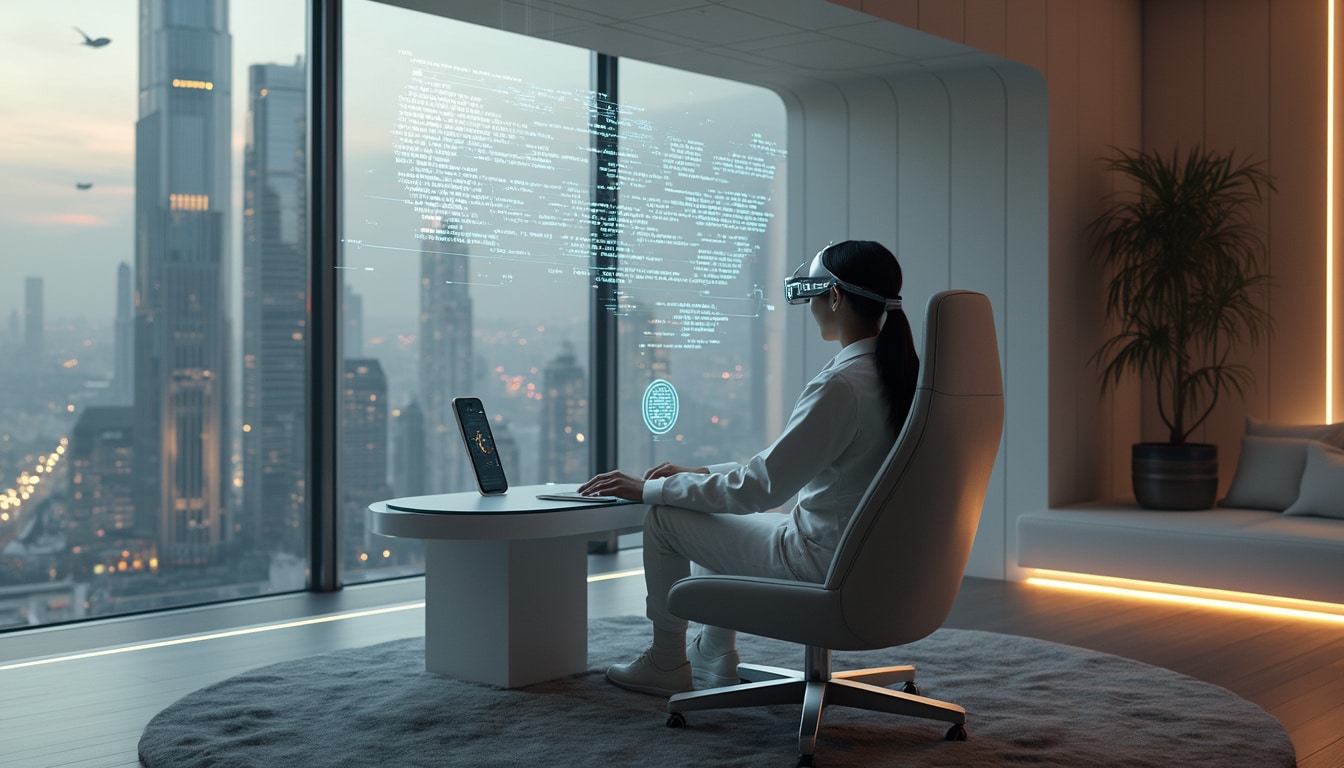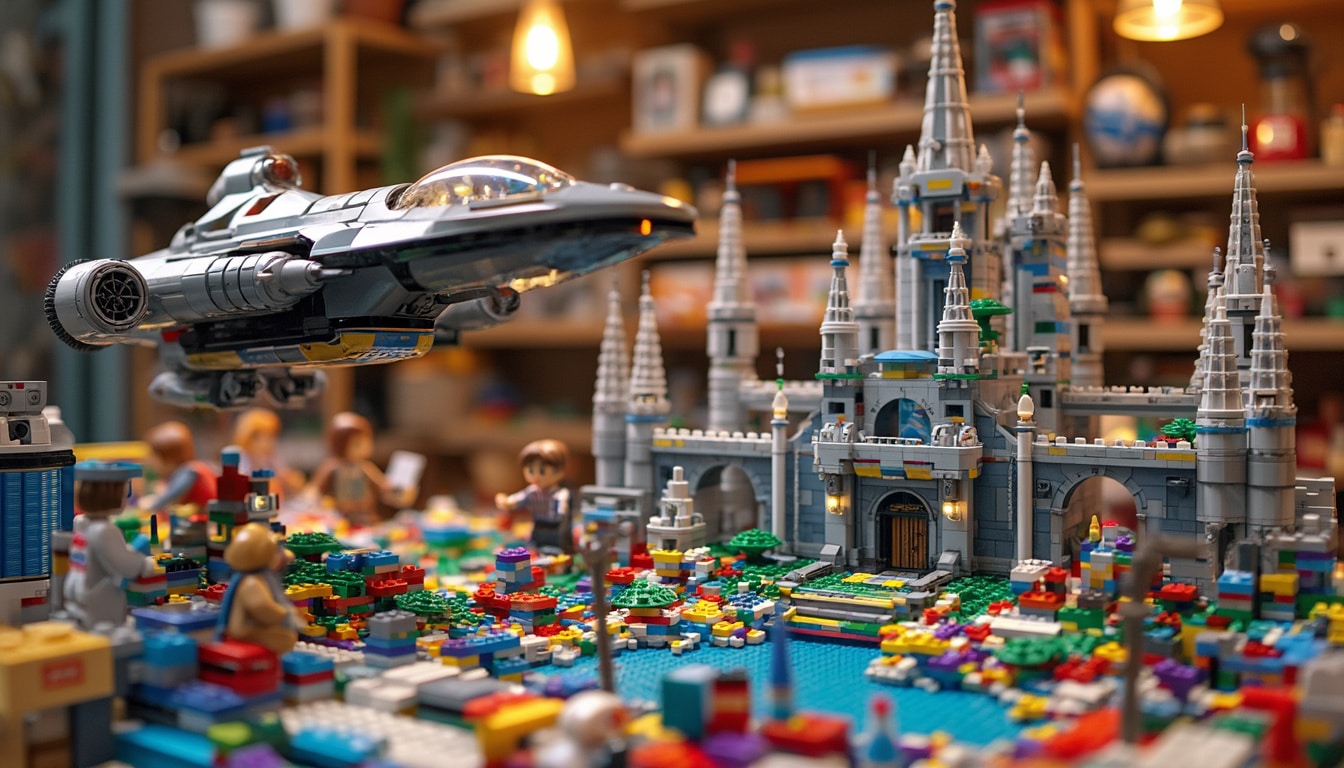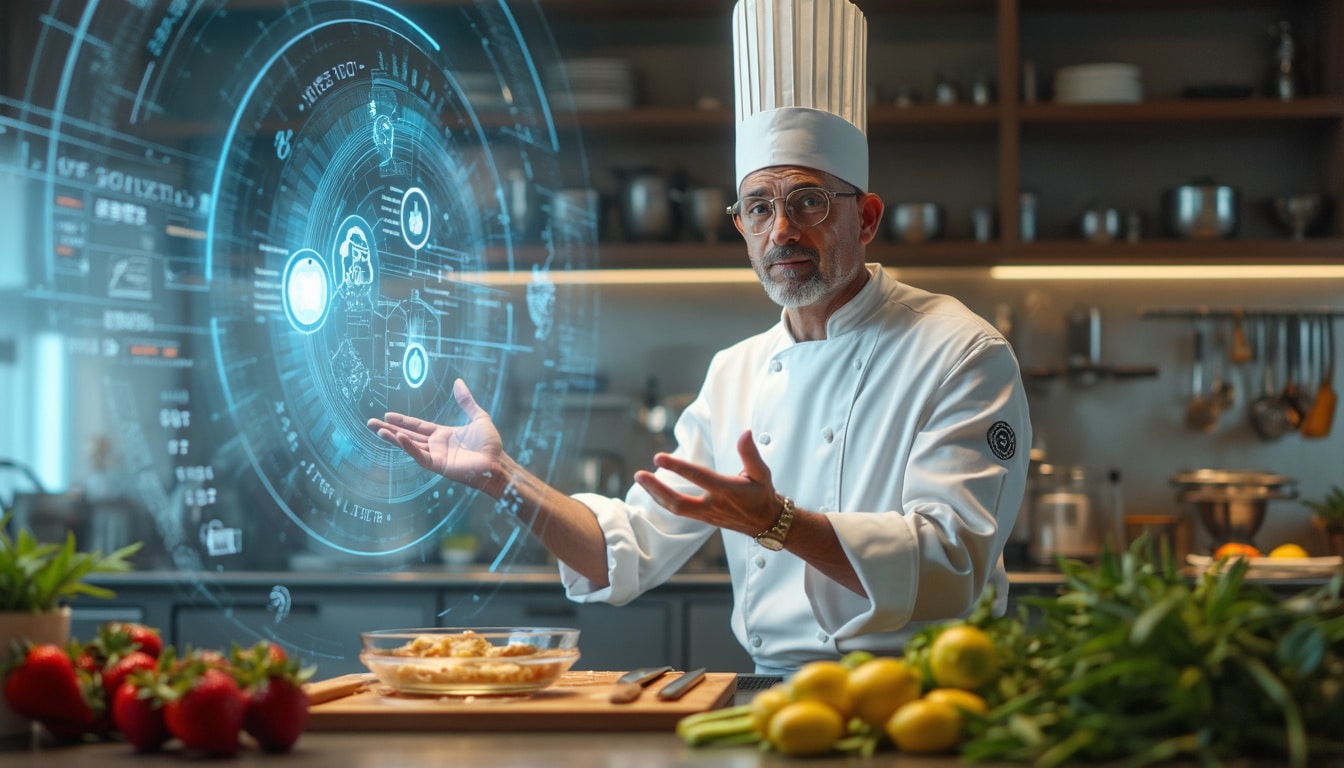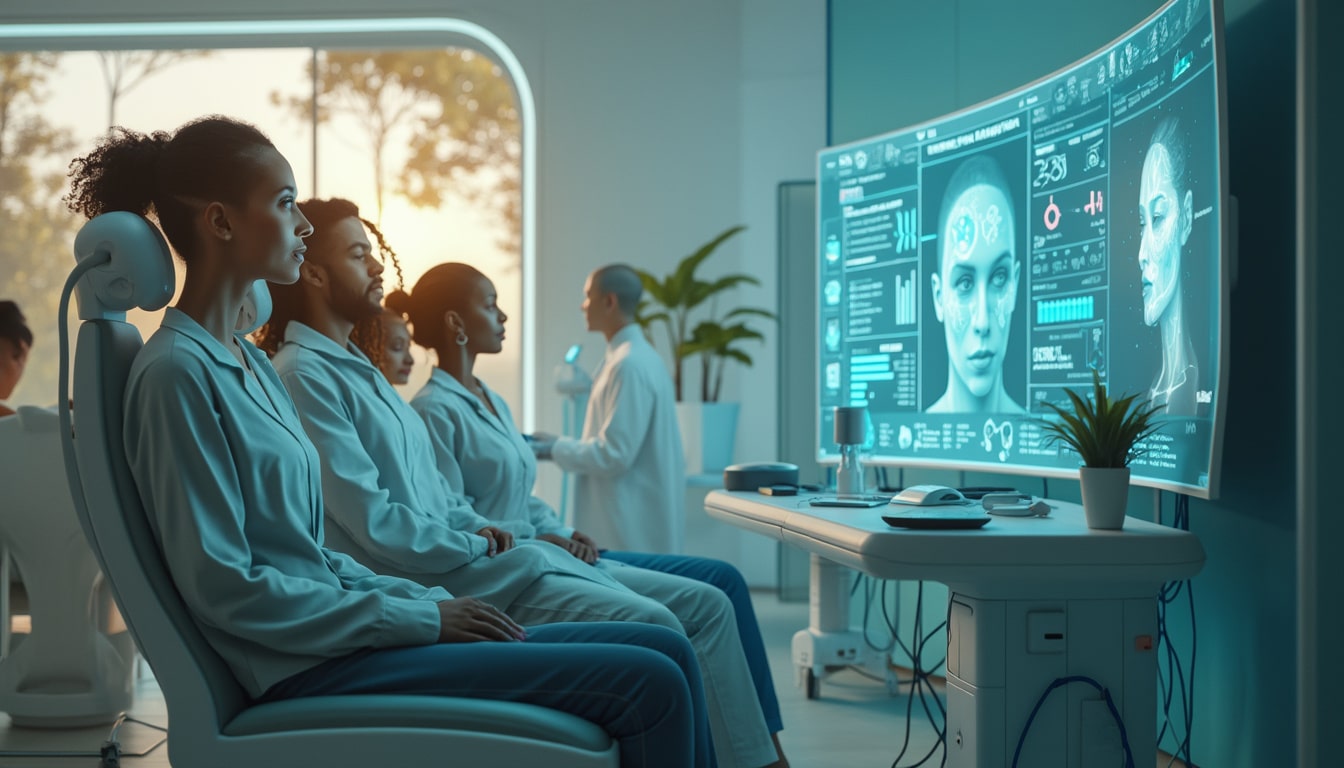The world of French dubbing, once a harmonious ensemble of talent and artistry, now finds itself facing an unexpected storm. Renowned voice actor Emmanuel Curtil has blown the whistle on a rising issue that might soon leave Sylvester Stallone sounding like your geometry teacher trying to be cool. Yes, AI has stepped onto the stage, flexing its synthetic muscles and putting the spotlight on a debate that could shake the very foundations of dubbing in France.

Table of contents
ToggleFrench dubbing: a masterpiece at risk
In an era where artificial intelligence is starting to dabble its virtual fingers into every pie, it seems our beloved French dubbing might face a bit of turbulence. For decades, the sultry, melodious voices of French dubbing artists have given life and character to countless English-speaking films. Emmanuel Curtil, a veteran in the field whose voice is akin to sweet croissants on a Sunday morning, has spoken out on the matter. He believes AI’s attempt to steal the spotlight could rob the industry of its human touch. Curtil shared his insights on this growing concern.
Curtil emphasizes the unique ability of human voice actors to convey emotions, capturing the very essence of characters in ways that an automated system struggles to match. It’s not just about the tone or the pronunciation; it’s about the nuances, the slight tremor of fear, the joyous burst of laughter that AI fails to replicate. The fear, of course, is that the more we integrate AI into dubbing, the more diluted these performances might become, much like a thinned-out pot of bouillabaisse.
AI versus traditional dubbing: the battleground
The dubbing industry is in a tough spot. With the recent revelation that the AI-powered voicing of Alain Dorval in the latest Sylvester Stallone film did not go down well, many in the industry are crying foul. The oddity of hearing Dorval’s voice, a voice that made us fall in love with Rocky all over again, generated by AI for a film after his passing, is like finding onions in your café au lait. The attempt has led to several initiatives, like a petition called « AI is theft », pushing back against the rising tide of AI in the industry.
Interestingly, the drama has garnered even more media attention, with many pointing out the sudden influx of AI-generated dubbing as a factor contributing to the erosion of the dubbing craft. Clearly, there’s an urgent plea from seasoned dubbing talents for the community to rally around their lived art, standing resolute against AI’s impersonal overtures.
The future of dubbing in the digital age
Despite the whispers of doom and gloom, there is still hope for the French dubbing industry. Visionaries within the community believe that collaborative efforts with AI, rather than a takeover, might be a more productive approach. Imagine using AI as a tool to enhance the capabilities of human artists, much like a digital paintbrush used to augment traditional art forms. In doing so, we might safeguard cherished vocal performances while embracing the technological advances that come our way. You’ll find producers and directors meeting at the crossroads, maybe over a glass of Bordeaux, pondering over best practices.
To many, the voice represents a fundamental pillar of storytelling, a carrier of emotions and a vehicle for the imagination. As long as there’s a passion for storytelling, there will always be a place for the talented French actors who’ve honed their skills over the years. It remains to be seen how the clash between AI and traditional dubbing will unfold, but one thing’s certain: the discussion is far from over.








